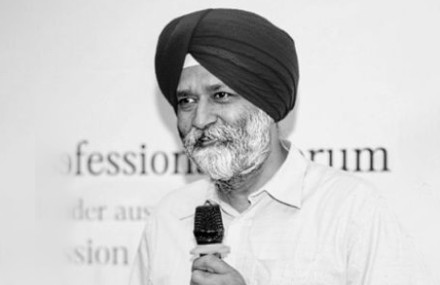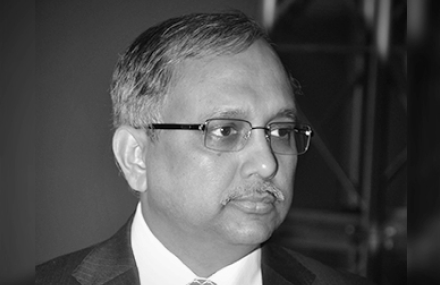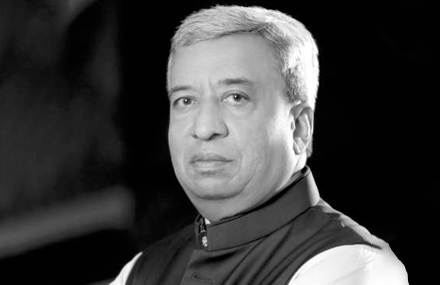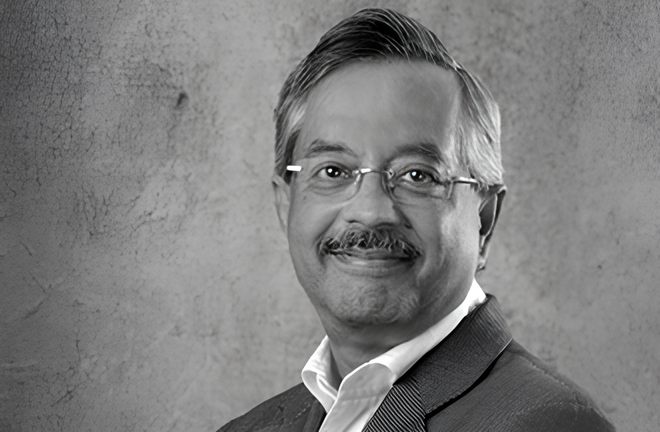Invest India is the National Investment Promotion and Facilitation Agency of the Government of India, set up in 2009 as a not-for-profit company under the Department for Promotion of Industry and Internal Trade (DPIIT), Ministry of Commerce and Industry.
Supported by a unique partnership between the central and state governments and industry associations, Invest India serves as the first point of contact for global and domestic investors. It provides comprehensive, end-to-end support across all stages of the investment lifecycle—ranging from pre-investment advisory and facilitation to aftercare and expansion support—with a strong emphasis on enabling manufacturing through the Make in India initiative.
Invest India plays a vital role in connecting investors, industry, and government to ensure the successful execution of investment projects. The agency focuses on promoting investments in high-impact sectors such as Electronics & Semiconductors, Renewable Energy, Electric Vehicles, Capital Goods, Textiles, Food & Agriculture, Pharmaceuticals, Chemicals & Critical Minerals, and Infrastructure. With a commitment to innovation, sustainability, and job creation, Invest India continues to drive India’s transformation into a leading global investment destination.





















































